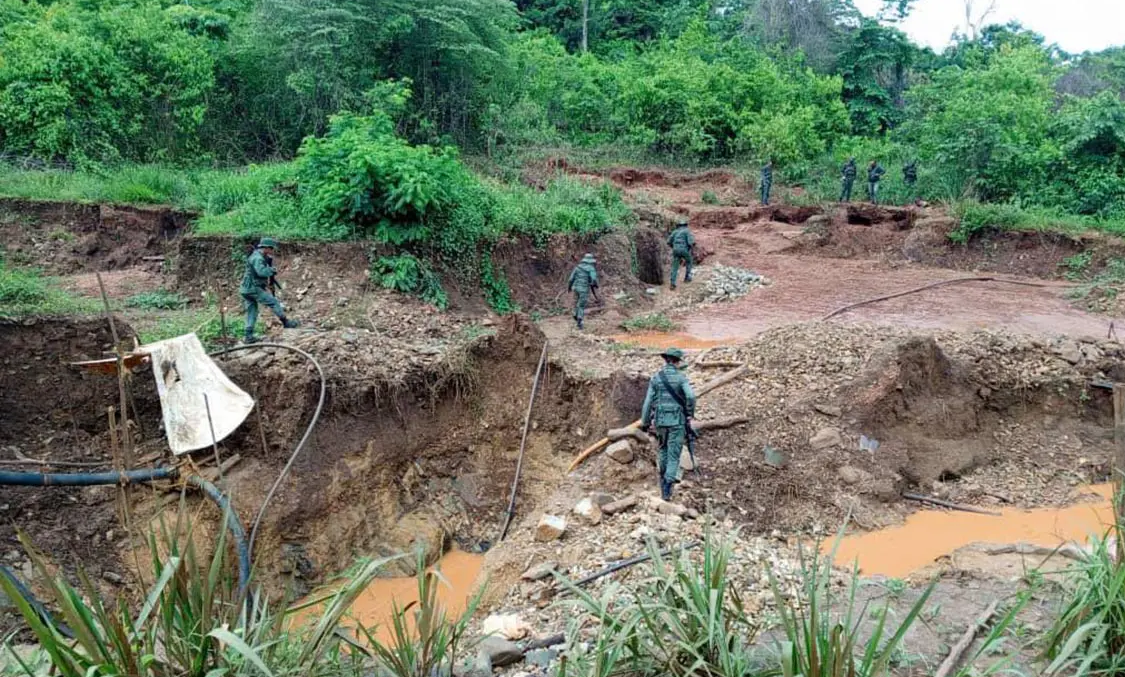Sex workers say they were identified as criminals without any evidence. Six of them were deported to Venezuela.
Trans sex workers reported themselves as victims of police persecution, mass arrests and abuse of authority in the municipality of Maicao (La Guajira) this week. According to the complainants, the events took place last Friday night in the area known as El Tambo. Around 10:00 PM, six Venezuelan women were approached by eight police officers, three officials from the Mayor’s Office of Maicao and two from the Immigration Office.
The trans women, who do not have a regular immigration status, reported that the uniformed and public officials threatened them with deportation and accused them of being criminals, without having any proof of said accusations. One of the police, according to one of the testimonies, threatened to put drugs in the bag of one of the sex workers to support the arrest.
Crimes such as theft, extortion and homicide were indicted on the women who were immediately transferred to the police station of the municipality. There the uniformed officials argued that it was an operative in response to supposed denunciations of the citizenry. Finally, the detainees were transferred to the Immigration Post of Paraguachón, where they spent the night locked in a room.
At dawn the women were released and had to walk several meters back. The Caribe Afirmativo organization drew attention to the case and affirmed that there was no detention or deportation order in the conduct of these procedures, and that the detention focused exclusively on Venezuelan trans women. The complainants added that they were also victims of verbal abuse by an official of the Mayor’s Office of Maicao, who was emphatic in saying that the deportations would continue to be practiced.
“The migration of Venezuelan LGBTI people to Colombian territory is part of a political-social crisis in this country, which has generated an increase in the transit of Venezuelans to Colombia, and systematic violations of human rights and persecution have taken place. The members of said population group, who suppose a series of risks for themselves, by virtue of which, even in the case of migrants in an irregular situation, it is prohibited from an interpretation of international principles, to move them to border areas, where those risks could materialize,” affirmed the Caribe Afirmativo organization.
“The documented actions of the municipal administration, the police and the migration authority, are contrary to international principles that protect Venezuelan migrants, especially those belonging to population groups in vulnerable conditions, as is the case of LGBTI sex workers. In fact, also in Colombia, the Constitutional Court has reiterated the character of subjects of special constitutional protection of the people belonging to the LGBTI community,” added Caribe Afirmativo.




